The Netflix ’70s Crime Thriller Still Hasn’t Been Topped In Decades
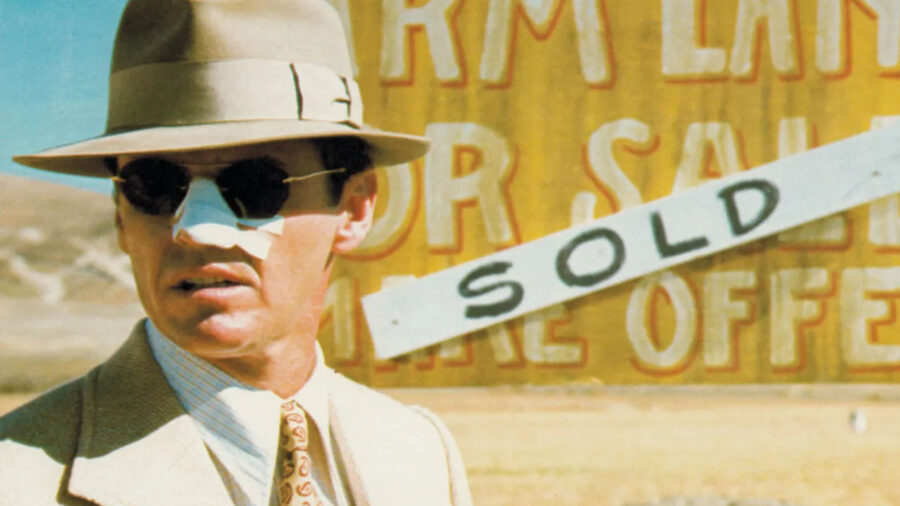
In over a hundred years of cinematic history, we’ve never been able to come to a unanimous decision on the best movie of all time. While it’s unlikely the world will ever come to a unified agreement, many argue that the detective film Chinatown from 1974 comes pretty close. Directed by Roman Polanski, the film is a neo-noir mystery that stars Jack Nicholson and Faye Dunaway and has been celebrated for 50 years for its intricate plot, compelling characters, and sharp dialogue.
Written by Robert Towne, Chinatown has long received widespread critical acclaim for its masterful storytelling, atmospheric cinematography, and evocative score. It’s become a classic in the film noir genre and remains a benchmark in the crime thriller genre. Set in 1937 Los Angeles, the story follows J. J. “Jake” Gittes (Jack Nicholson), a private investigator hired to investigate an alleged affair involving the chief engineer of the Los Angeles Department of Water and Power.
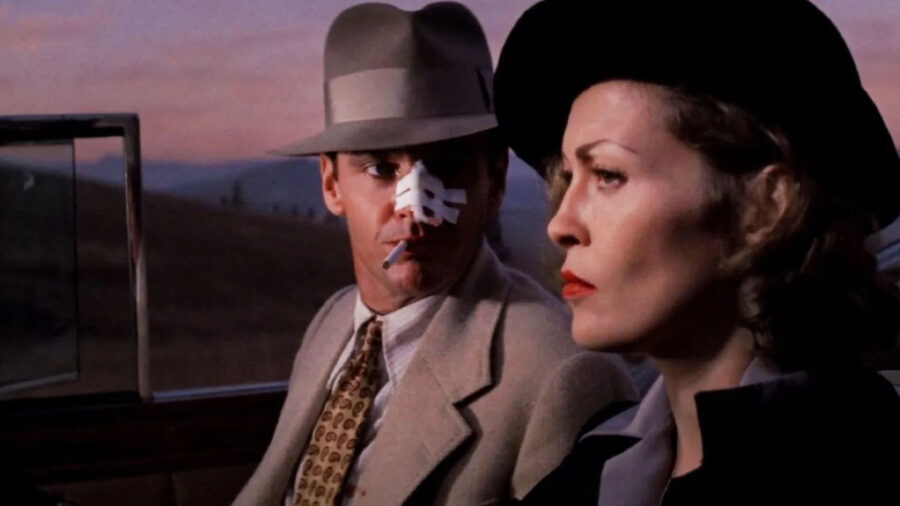
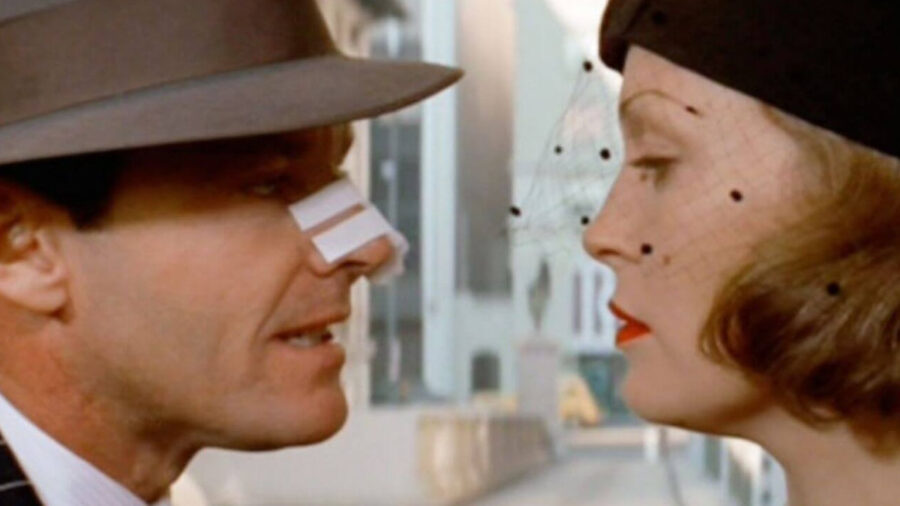
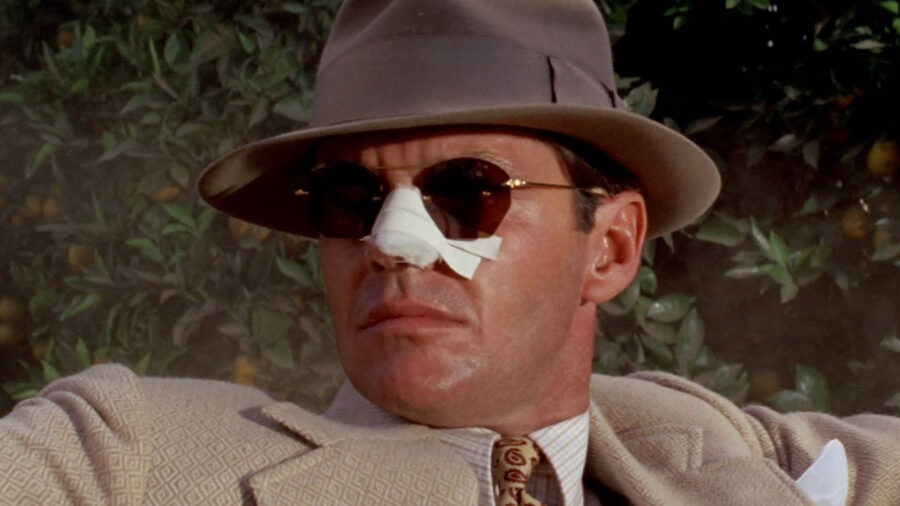
Throughout the film, Jake delves deeper into the case, becoming entangled in a web of corruption, deceit, and a complex conspiracy related to water rights. The film unfolds as a multi-layered mystery, combining elements of film noir with a psychological drama, keeping the audience engaged as Jake navigates through the dark and treacherous world of Chinatown.
Initially offered $175,000 to adapt F. Scott Fitzgerald’s The Great Gatsby into a screenplay, Towne opted to write his own story, Chinatown, for $25,000. The period movie weaves a tale around the California water wars of the 1930s, drawing inspiration from real-life events and figures such as William Mulholland, the chief engineer of the Los Angeles Department of Water and Power.
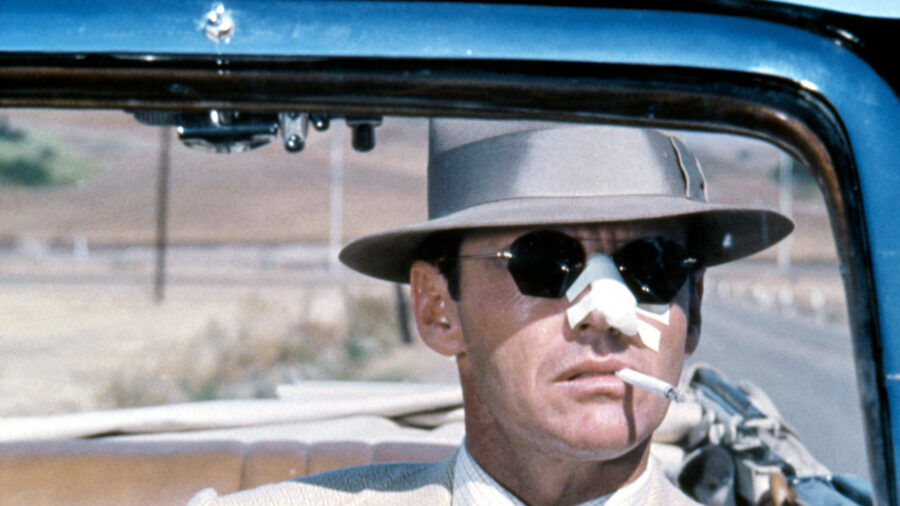
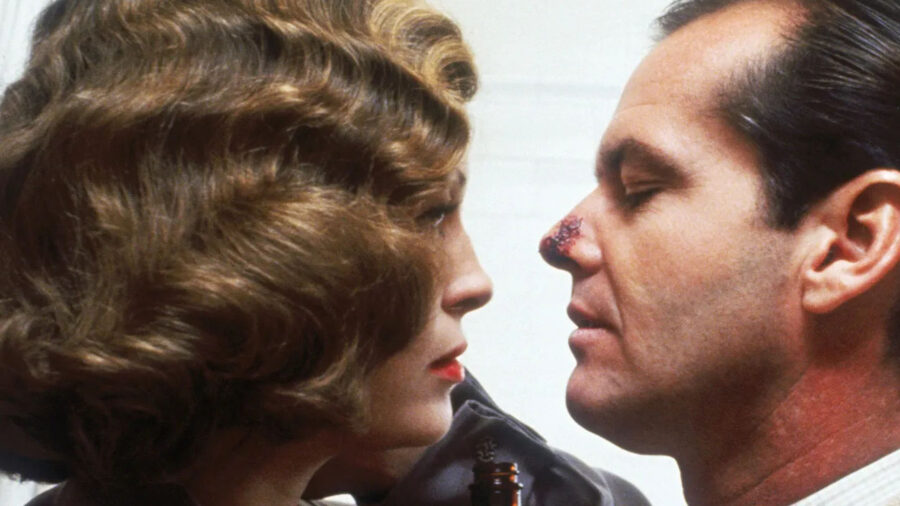
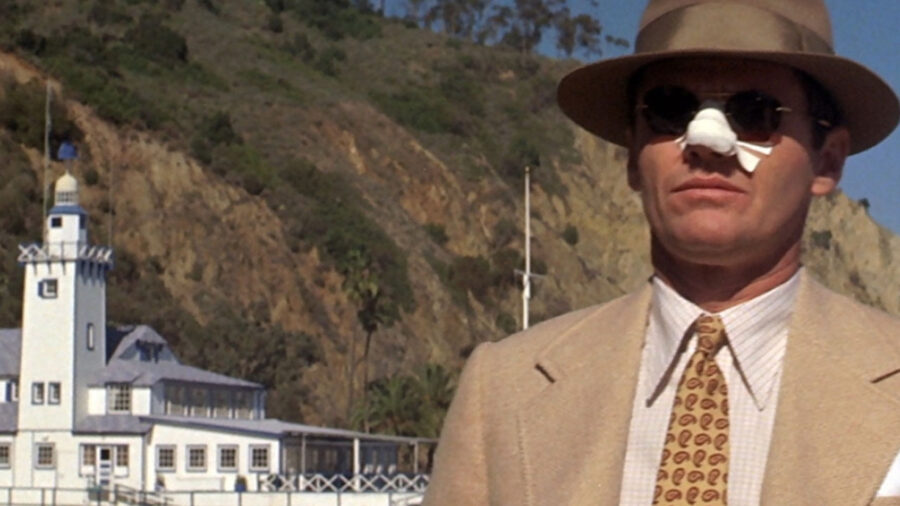
The character Hollis Mulwray was based on Mulholland, whose aqueduct transformed Los Angeles but ended tragically with the St. Francis Dam disaster. The film also mirrors the water disputes in the Owens Valley, providing a fictional but impactful portrayal of historical events.
Towne’s vision saw Chinatown as more than a standalone film. He planned a trilogy, with The Two Jakes exploring oil in the 1940s, and plans for a third installment, Gittes vs. Gittes, focusing on land disputes in 1968 Los Angeles.
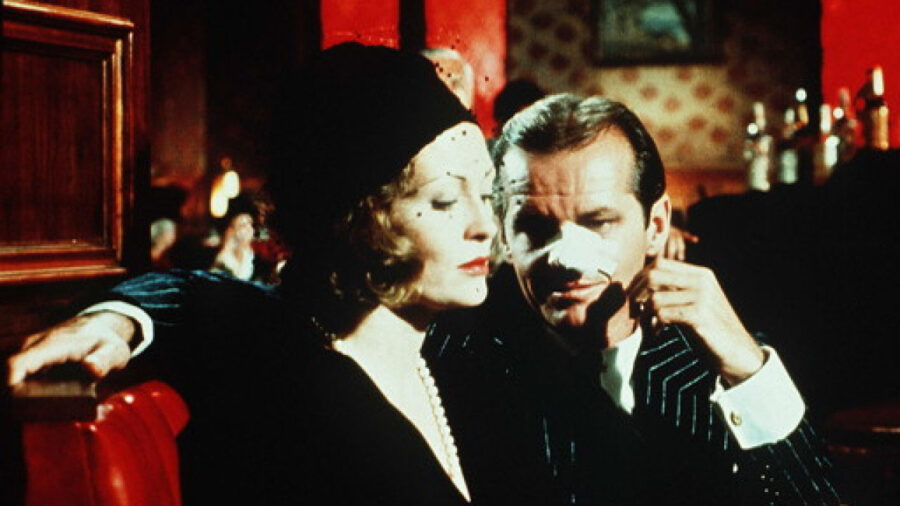
But while most of the world has heard of Chinatown, not many have heard of the sequel, The Two Jakes, and even fewer know about the unmade trequel, Gittes vs Gittes. Unfortunately, the sequel, which starred and was directed by Jack Nicholson, was such a colossal failure that all plans to finish Towne’s vision were scrapped.
Meanwhile, Chinatown has held on to the honor of being named one of the greatest movies ever made, with generations of cinephiles dissecting the film for analysis and interpretation. Chinatown has been likened to Sophocles’ Oedipus Rex, drawing parallels between Detective Jake Gittes and the mythological Oedipus.
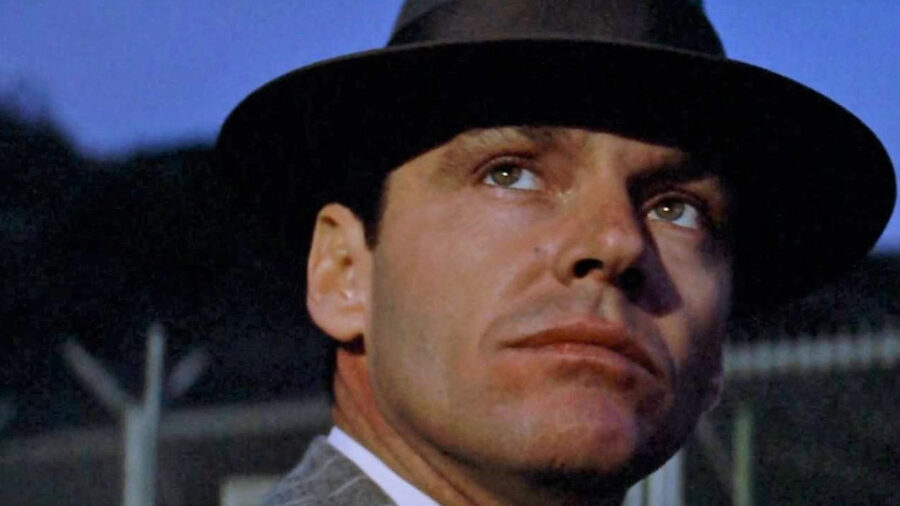
Upon its release, Chinatown received critical acclaim, earning 11 Oscar nominations and winning for Best Original Screenplay. Its impact on audiences was undeniable, grossing $29 million at the North American box office. The film’s enduring legacy is reflected in its 99 percent approval rating on Rotten Tomatoes and a Metacritic score indicating “universal acclaim.”
Roger Ebert, in his “Great Movies” list, highlighted Jack Nicholson’s performance and Towne’s screenplay, placing the film alongside the original noirs of the 1940s.
Towne’s screenplay, Polanski’s direction, and the stellar performances by Jack Nicholson and Faye Dunaway have solidified Chinatown as a timeless masterpiece. Decades after its release, the film’s ability to captivate audiences and critics alike cements its place as a ’70s crime thriller that still hasn’t been topped.












